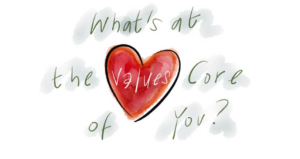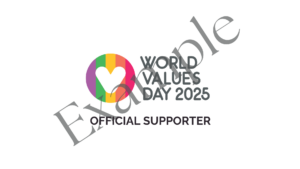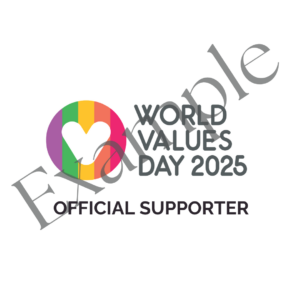On World Values Day, 19th October 2017, we acknowledge the importance of values in our personal and professional lives. Values are often likened to our moral compass. Values direct how we think and behave; what we regard as permissible and prohibited.
There are some values that we might consider universal to all humans such as love of family, integrity, honesty and commitment. However, in multicultural societies there are a multitude of values and behaviours to express them. Also some societal values have changed over time, for example, the greater acceptance of lesbian, gay, bisexual, transgender and queer members of our communities.
This diversity of values enriches our experiences, offers the potential for greater creativity in problem solving and mitigates against the risk of “group think.”
Yet if each of us has different values, how do we reconcile those values with championing diversity?
The maxim “treat others as you want to be treated” whilst well intentioned ignores the fact that others may have different values, motivators and fears from your own. So by treating them as you want to be treated you may, in fact, be disrespecting them or, at the very least, not inspiring them to join you in achieving your mission and goals. This is particularly relevant for leaders of culturally diverse teams in organisations.
Frequently the values, norms and standards of individual team members are not shared explicitly. This can unwittingly lead to a transgression of a colleague’s values and tensions within the team.
Or perhaps a leader who has been trained in unconscious bias actively tries to address differences in values due, for example, to gender, orientation, race, age or religious affiliation by making assumptions which he or she thinks respects those groups.
Whilst laudable this too can lead to miscommunications and a breakdown of trust if the leader hasn’t first checked in with his or her team members’ individual values with regard to working and communication styles.
Take the time to have a conversation and ask.
In order to minimise such tensions and miscommunications we can “walk a mile in someone else’s shoes.”

We can take the time to have conversations with our colleagues to design how we could work together more effectively by exploring:
- What are their values?
- How do they interpret those values in terms of their behaviours?
- Do we have the same understanding of what those values mean in terms of our behaviours?
Even if after such conversations we find our values differ, in my experience if I can understand why someone behaves differently from me I am less dismissive and can be more respectful of their choices. I can also find ways of being more flexible, accommodating their values and making changes in works schedules so that the project can be completed on time.
Shine The Light
Responding to egregious behaviours that caused the financial crisis, the breakdown in trust and the vilification of the “evil bankers” many financial organisations now have their company values emblazoned in their receptions, elevators and marketing material.
Placing values front and centre for employees, visitors and customers to see is a step in the right direction to more conscious choices and appropriate behaviour as the values are discussed, understood and “lived.”
World Values Day gives us an opportunity to have explicit conversations about our personal and organisational values. It encourages us to shine the light on what we hold dear and how we act on it. It provides an opportunity to create greater understanding and collaboration.
About The Author
Sylvana Caloni is a Leadership Consultant, Executive Coach and Facilitator at SC Executive Coaching. She has had many years of hands-on executive and leadership experience in the financial services sector.
Resources
- See the previous blog in the series, by Anna Laycock of Finance Innovation Lab.
- See the next blog in the series, by Rosemary Dewan of Human Values Foundation.
- See the full list of blogs at www.worldvaluesday.com/blogs
- Participate in the Values Challenge this year! Follow these links for organisations, for community groups, for schools, or for individuals.
- For more inspiration, follow us on social media: LinkedIn | Twitter | Facebook | Instagram







